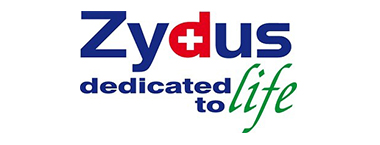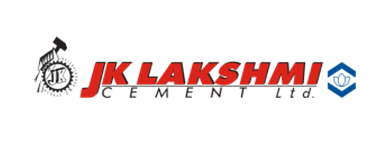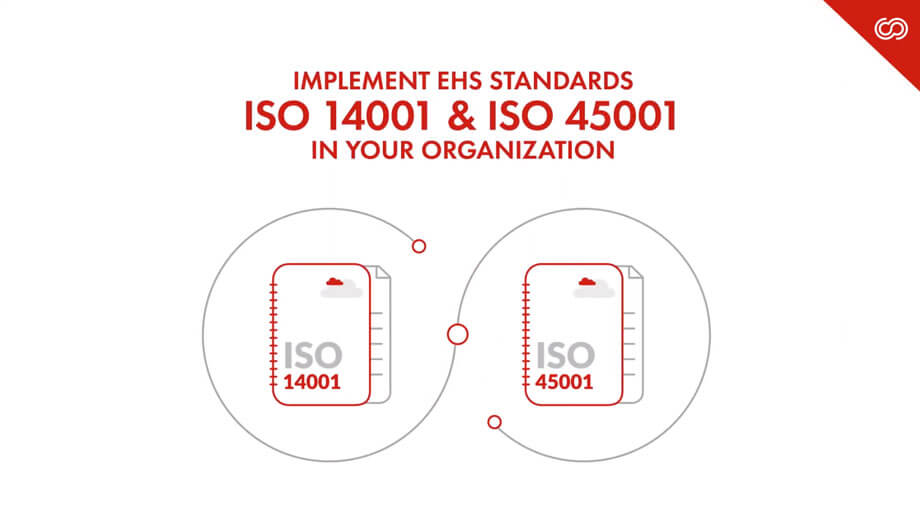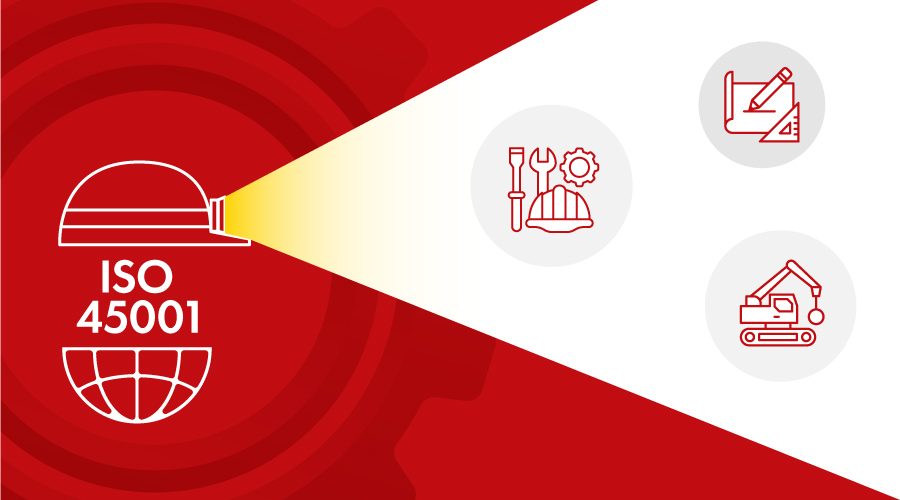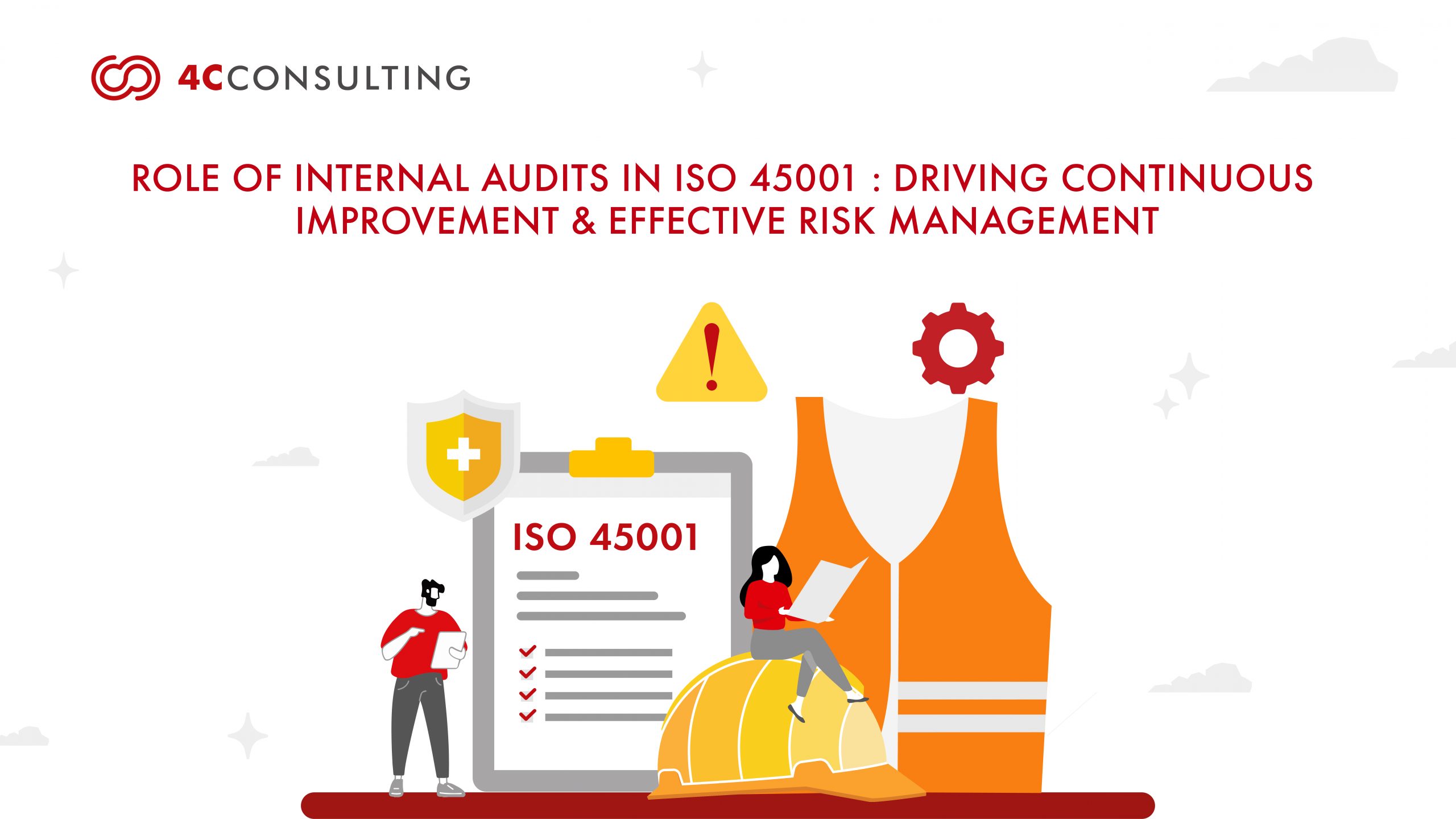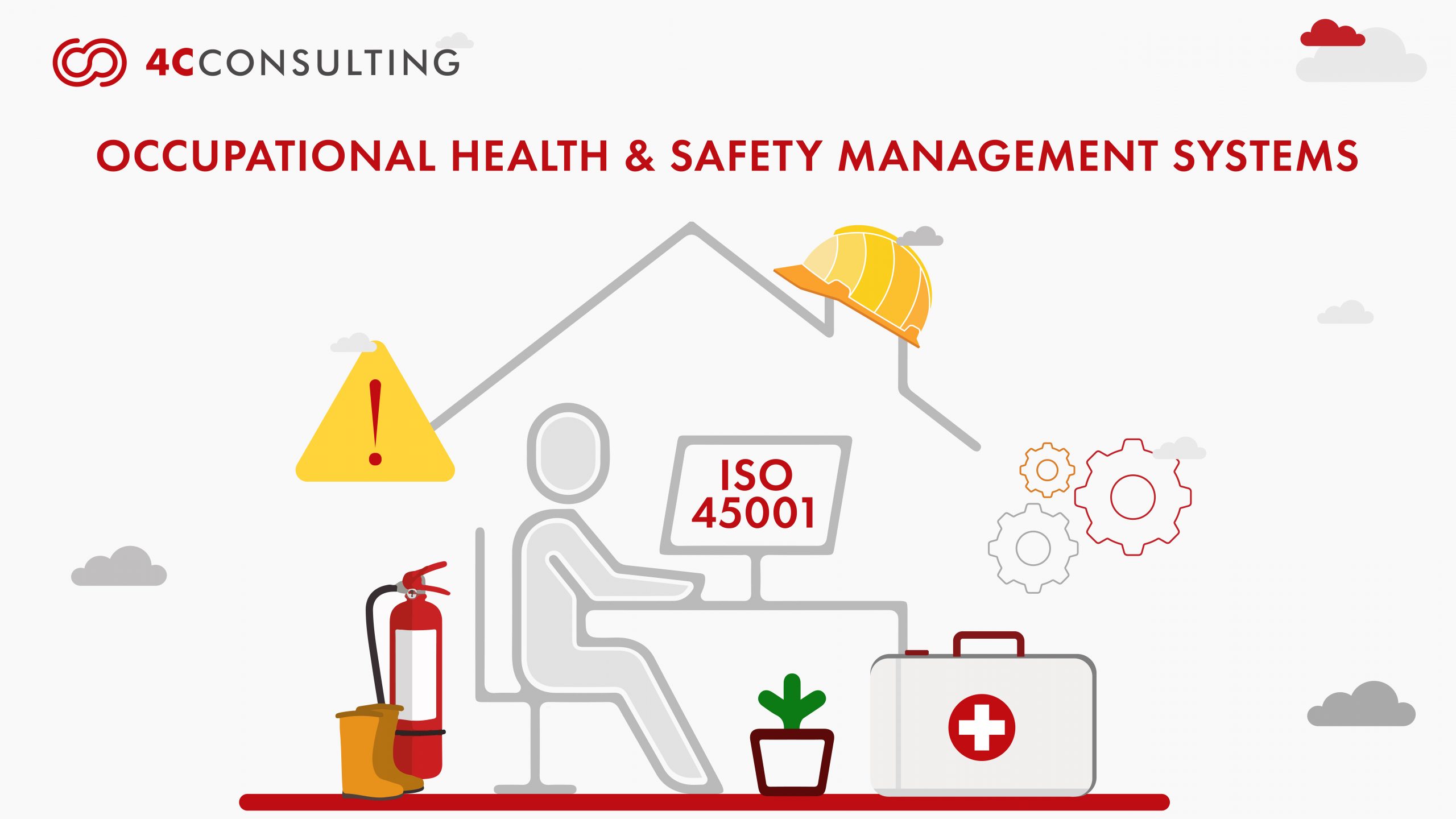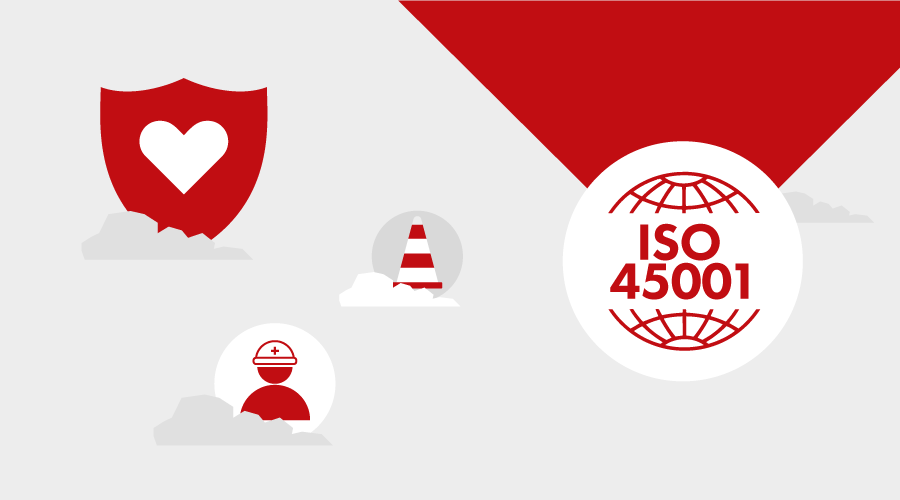
Frequently Asked Questions on ISO 45001
Auditors expect to see whether your OHSMS is implemented and effective, not just written. In Bengaluru, typical audit checks include:
• OH&S policy, objectives and scope statements.
• Hazard identification and risk assessment register.
• Legal compliance register covering Factories Act, BOCW Act, KSPCB requirements and labour codes.
• Records of safety training, drills and employee participation.
• Incident and accident reports with root cause analysis and CAPA.
• Internal audit reports and management review minutes.
• Contractor and visitor safety records (especially for IT parks and construction projects).
Yes. ISO 45001 follows the Annex SL (High-Level Structure) used by ISO 9001 and ISO 14001. Integration is common because it:
• Eliminates duplication in documentation
• Streamlines audits (one combined audit instead of multiple)
• Improves efficiency by aligning Quality, Environment and Safety under a single IMS.
• Internal audits: At least once a year (Clause 9.2). High-risk units may do them quarterly.
• Surveillance audits: Conducted by the certification body annually.
• Recertification audit: Once every 3 years.
Bengaluru’s pharma and construction firms often do more frequent ISO 45001 internal audits to stay ready for client or regulatory inspections.
Clause 8.1.4 - Procurement, Contractors and Outsourcing requires you to control contractor activities. This means:
• Safety induction and training for contractors
• Written agreements covering OH&S obligations
• Monitoring contractor safety performance
• Incident reporting for outsourced work
In Bengaluru construction and IT park operations, this is one of the biggest audit focus areas.
• Contractor management: solved with clear induction programs and SOPs
• Complex compliance requirements (Factories Act + KSPCB norms) :addressed with a live legal register
• Cultural resistance: fixed through awareness training and leadership commitment
• Document control: managed with digital systems and scheduled audits
We typically see these in Bengaluru’s manufacturing, pharma and construction sectors.
Yes. ISO 45001 is often a mandatory requirement in global supply chains. Aerospace OEMs in Bengaluru, pharma exporters and large IT/ITES clients frequently ask for ISO 45001 certification as proof of compliance. Certification directly increases your eligibility in RFPs and buyer evaluations.
Yes. ISO 45001 is scalable. SMEs in Peenya or Bommasandra benefit by:
• Reducing accident-related downtime and penalties
• Building credibility with larger OEMs and contractors
• Meeting buyer pre-qualification requirements without heavy investment
We often implement simplified, fit-for-purpose systems for SMEs.
• Awareness Training (all employees): Roles, responsibilities and OH&S basics
• Internal Auditor Training: For 2–3 nominated staff to audit against ISO 45001 and ISO 19011
• Leadership Briefing:For top management to understand Clause 5 responsibilities (policy, resources, communication)
In Bengaluru, we recommend contractor supervisors are also trained, since outsourced work is a key risk area.
ISO 45001 covers occupational health and safety only worker protection, incident prevention and safe work environments. Environmental aspects are covered by ISO 14001. Many Bengaluru companies implement them together to create an HSE system (Health, Safety & Environment).




